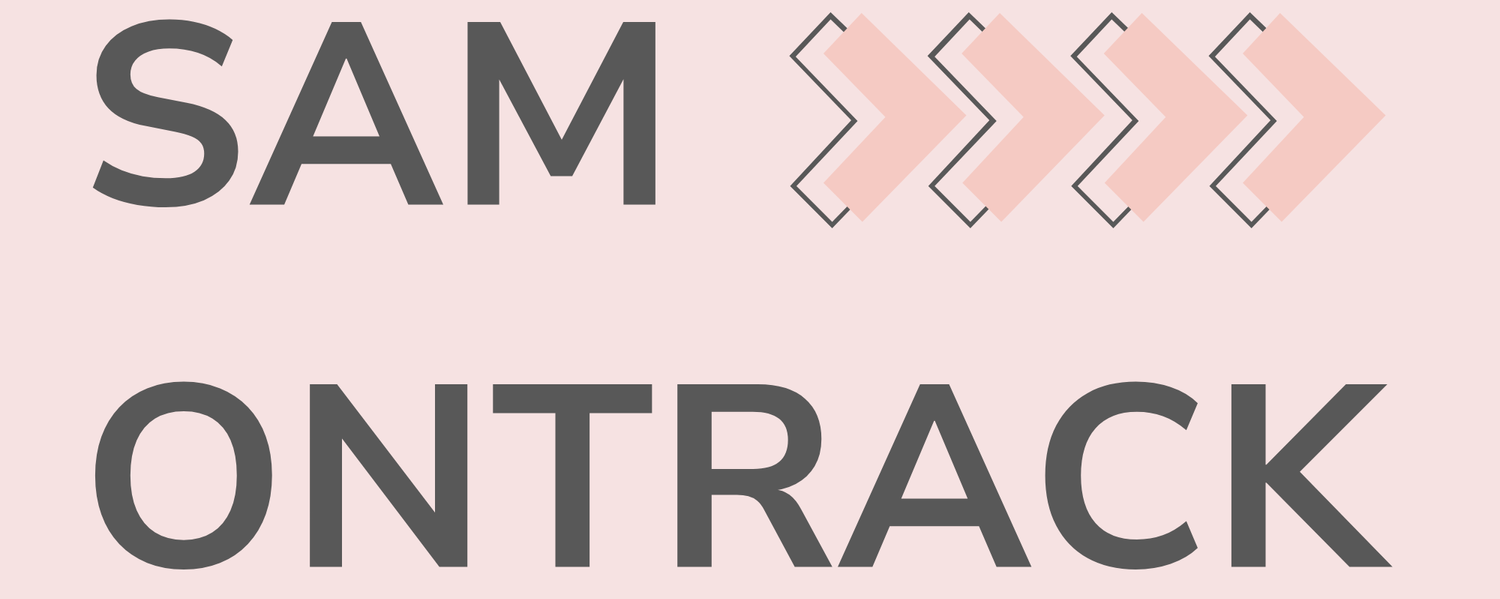My prediabetes wake-up call: how accountability helped me take back control.
Overweight and prediabetic
When I went to my doctor in 2024 with brain fog, mood swings, and broken sleep, I thought it was peri-menopause creeping in. What I didn’t expect to hear after a round of blood tests was: 'You’re now in prediabetes.'
It wasn’t the first time I’d had a warning. Back in 2017, my GP told me my blood sugar levels were creeping up. I made a few changes, things improved a little, and I convinced myself I was in the clear. But slowly, quietly, those levels kept edging higher until suddenly, they weren’t just 'a warning' anymore, they were reality.
That moment was a strange mix of emotions: shock, guilt, and motivation all rolled into one. Shock, because part of me thought 'how did I let it get this far?' Guilt, because each year I’d been warned but hadn’t taken it seriously enough. And motivation, because I knew this time I had to do something. No more excuses, no ignoring it.
The first steps I took
I’ve never been a natural exerciser, so my starting point was food. I cut back on processed foods and went very low carb. I had (and still have) a massive sweet tooth, so saying no to sweet treats and salty crisps was, and still is, the hardest part of my journey. But I started noticing small changes: fewer mood swings, clearer head, better sleep. A couple kilograms disappeared too.
A few weeks in, I hired a keto coach. She was brilliant and gave me helpful tools, but I still felt something was missing. Weekly check-ins weren’t enough. I craved daily accountability. Someone to nudge me, remind me of my 'why,' and help me stick with it when the cravings hit.
In the meantime, I leaned on family and friends for accountability. Just admitting the problem and telling people I was committed to solving it was powerful. A friend even suggested I’d make a great accountability coach myself, and that’s when the very first spark for Sam Ontrack was lit.
What I’ve learned (so far)
The biggest surprise? How simple this actually is. Not easy… but simple.
For years I downloaded meal plans, bought programs, spent money on fixes. But the truth was this:
• Cut calories (without starving yourself)
• Up your protein
• Move your body
• Repeat
The harder part is mindset. For example, if I missed my 'lunchtime window' at 12–2pm, I used to think, 'Too late for lunch, I’ll just snack.' But snacking never filled me up, so I’d pick until dinner. Now I know it doesn’t matter if it’s 2:30 or 3:00 — I can still eat lunch, stay full, and avoid the junk. That one shift alone saved me from countless spirals.
Another lesson: this isn’t a quick fix. It’s a slower, lifelong journey. And that’s okay. I’ve lost 10% of my body weight so far, which feels like a huge win — but I know I still have more to go. Full transparency, at my lightest I’d lost 10kgs however after finishing keto I put a kilograms back on. Following Nikki Gundy’s 40FIT which uses the Ontrack Method, I learned all about accountability, calorie deficits, protein goals, and more. I then managed to drop a couple more kilos to now being 10% below my weight when I was first diagnosed.
And here’s the honest truth: I haven’t retested my HbA1C yet. I’m nervous about it. What if it hasn’t gone down? What if all this work hasn’t been 'enough'? But that’s the reality of the journey. It’s not perfect, and sometimes it’s scary. I’m sharing that because I want other women to know: you don’t have to wait until you’ve got it all figured out before you start.
Why accountability was the missing piece
I realised along the way that willpower alone isn’t enough. Life gets in the way. Stress hits. Old habits creep back in. That’s why accountability is so powerful.
Accountability doesn’t mean being perfect. It means having someone check in, encourage you, remind you why you started, and help you reset when you slip. That was what I was missing at the beginning, and what I’ve now built my coaching method around.
Because you’re not broken. You’re not weak. You just haven’t found the missing piece.
From my story to Sam Ontrack
I’ve always loved health and nutrition. I’ve always loved helping people. But like many women in their 40s, I fell into prediabetes after years of being in good shape. I knew what to do — I just wasn’t doing it.
That’s why I created Sam Ontrack. Not as a doctor, not as a nutritionist, but as someone who’s in the trenches with you. Someone who knows what it feels like to hear those words, 'you’re prediabetic.' Someone who’s walking the same journey and can help you stay on track through accountability, encouragement, and simple steps that work.
I want to be clear: I’m not here to reverse anyone else’s prediabetes. That’s a personal journey between you and your healthcare provider. What I can do is help you with weight loss, because for many women, it’s one of the most powerful tools in the toolkit when it comes to supporting better blood sugar levels, energy, and long-term health.
A final word: It’s not too late
If you’ve been told you’re at risk, or you’re already living with prediabetes, I want you to hear this: it doesn’t have to be forever. Small, consistent changes really can make a difference.
I’m still on my journey — still losing weight, still building healthier habits, still waiting for that next HbA1C test. But I already feel the difference in my energy, my sleep, and my mood. And if I can do it, you can too.
Ready to take your first step?
👉 Follow me on Instagram @sam_ontrack for daily accountability tips and behind-the-scenes updates on my own journey.
